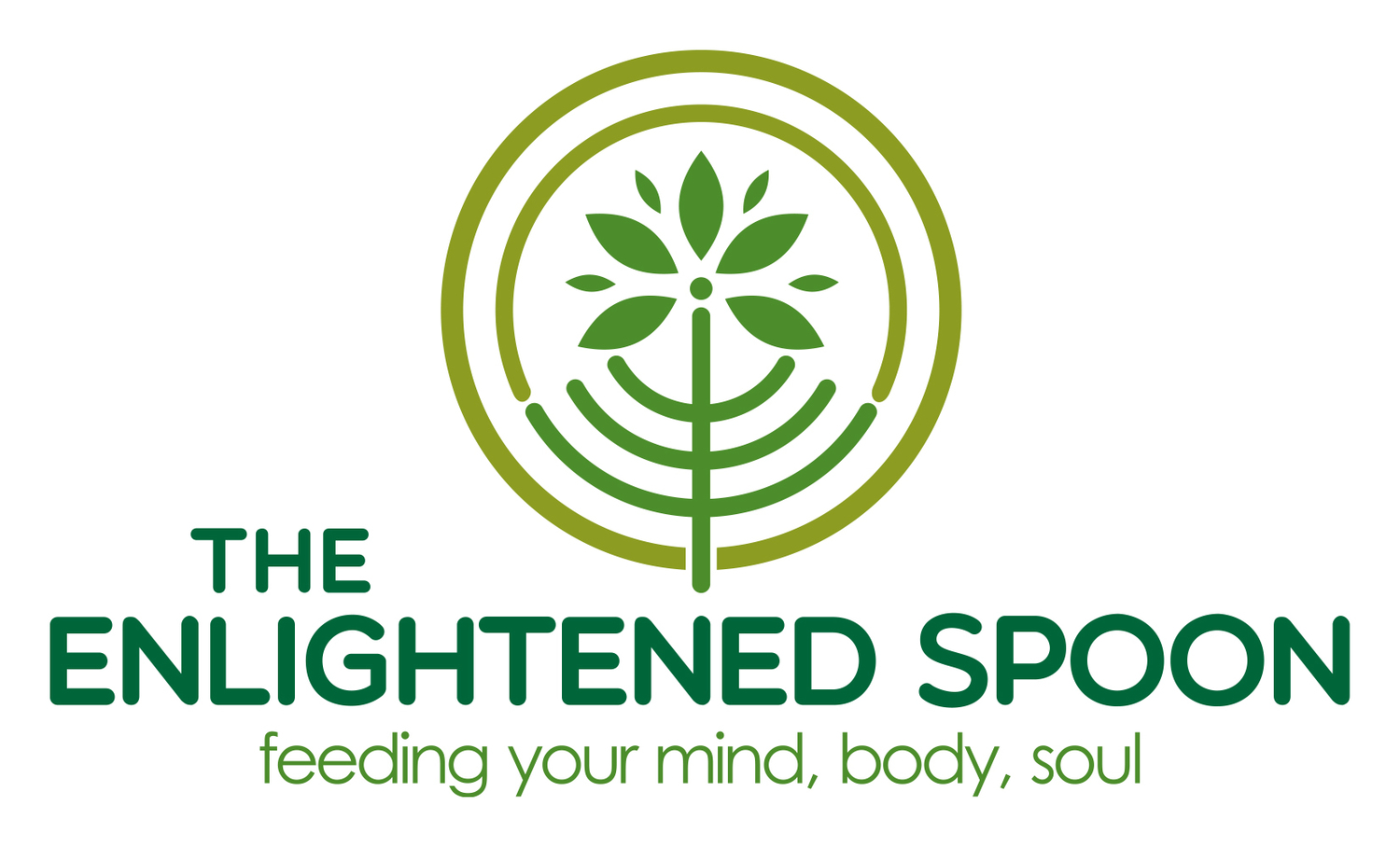Sleep Series, Part 4 - Natural Supplements For Better Sleep
/Welcome to Part 4 of my 5-part series on how to get a better night’s sleep.
In Part 4, we’ll talk about the supplements that can help give you a better night’s sleep.
The other 4 parts cover the following topics:
Part 5: Guided meditations that help sleep.
Using Vitamins, Minerals and Orthomolecular Compounds
Instead of taking a sleeping pill that straight up knocks you out whether your body is ready for it or not (leading to a mega sleep hangover the next day) - I much prefer using vitamins, minerals and other orthomolecular compounds as a gentler approach.
They’re found naturally in our bodies, and are a natural part of regulating sleep cycles, or managing stress and anxiety - a common cause of insomnia.
Many of these nutrients work better when you take them in conjunction with each other, since they’re all either building blocks or co-factors for the production of chemicals/ compounds that help induce sleep.
At the end of this article, I suggest a good all-round supplement that contains most of the suggestions below in one simple multi-supplement for sleep, so stick around or scroll straight to it.
As with all nutritional supplements - consult with your healthcare provider if you’re on prescribed medications in case there are contraindications. Especially if you’re on antidepressants - many of the supplements and herbs suggested here are contraindicated. The recommendations here are not to be taken as medical advice.
In Part 2, we covered some of the nutrients that can help you get better sleep and why, eg. tryptophan, serotonin, melatonin, vitamin B6 and magnesium. Read part 2 for more of the science of how these pathways work.
Here in Part 4, we cover the supplements with the above nutrients that can help, as well as other herbs that can bring about sleep.
1. Melatonin
Melatonin is a hormone made by your brain in the pineal gland. It helps your body regulate its internal clock - the sleep/ wake cycles. This is also called your “circadian rhythm”.
Depending where in the world you live, melatonin may not be available for sale due to health regulations. In this case, you might want to consider a cherry supplement, see below.
2. Cherry Active
Sour cherries contain a high amount of melatonin, so you may take them as a supplement for a higher dose of natural melatonin. It’s called CherryActive.
It’s a good alternative for vegans and vegetarians - since most other melatonin supplements are animal-derived.
3. L-Tryptophan
L-tryptophan is an amino acid (protein) that’s one of the building blocks of melatonin. The simplified pathway of how tryptophan becomes melatonin looks like this:
Tryptophan (amino acid) >> Serotonin (neurotransmitter) >> Melatonin (hormone)
To get a higher amount of tryptophan, you could take this as a supplement, usually in conjunction with the B vitamins, to help conversion to melatonin.
4. 5-HTP
5-HTP (aka 5-hydroxytryptophan) is a naturally occurring compound in the body that helps increase the production of serotonin in the gut.
Because it increases serotonin production (a mood enhancer), 5-HTP is also often used to treat depression.
5-HTP is generally recommended over L-tryptophan because it crosses the blood-brain barrier at a higher rate, and is converted into serotonin more efficiently than L-tryptophan.
5. GABA
GABA (aka gamma-aminobutyric acid), like serotonin, is another neurotransmitter in the brain that helps produce a calming effect. It’s especially helpful for anxiety and stress reduction - so if your insomnia is stress-related, GABA can help produce some calming effects.
6. St. John’s Wort
St. John’s Wort is a herb that has a wide variety of uses. Most commonly used for depression and insomnia, it’s believed it stimulates both GABA receptors and stimulates the production of serotonin.
7. Magnesium
Magnesium is a mineral that’s not only a powerful relaxant, but also helps deactivate adrenaline. So if you’re particularly stressed, anxious, or have sleep issues due to stress, taking a magnesium supplement can help.
Magnesium can also be absorbed through the skin, so taking a bath with epsom salts (magnesium sulphates), or spraying magnesium oil on tense muscles can help induce relaxation.
8. Vitamin B6
Vitamin B6 is the B vitamin that helps with rest and relaxation. It’s often used as a co-factor to help convert other compounds into usable forms in the body.
It’s best to use the active form of vitamin B6, P5P (pyridoxal 5-phosphate), which is more easily absorbed by the body.
9. CBD Oil
The cannabis, or marijuana plant, contains about 120 compounds called cannabinoids. One of these cannabinoids is CBD, also known as cannabidiol. Have no fear - CBD is not the psychoactive compound of marijuana that gets you high - that would be THC (tetrahydrocannabinol).
CBD does not get you stoned at all! But has been reported to help anxiety, relieve chronic pain (eg. arthritis), and help sleep.
The research is currently limited, but as there’s growing interest in the many health benefits of CBD oil along with a growing (legal) CBD industry, watch this space for more updates.
I’ve personally used CBD and found it’s been helpful for anxiety, stress relief and restful sleep. Available as an oil (added to smoothies), vape (inhaled), or edibles (eg. mints).
10. L-Theanine
L-theanine is an amino acid commonly found in tea leaves. Green tea contains a large amount of l-theanine, but it can also be taken in supplement form.
It’s especially helpful in managing stress levels - providing relaxation without any drowsy side effects. In fact, l-theanine even helps to keep clear mental focus - it’s helpful for students to take an l-theanine supplement before a big exam (it certainly helped me get through all my nutrition exams!) ;)
L-theanine can be especially helpful for anxiety or stress-related insomnia.
11. Lemon Balm
Lemon balm, also known as Melissa Officinialis, is a herb traditionally used for its calming, anti-anxiety properties. It’s also researched well for sleep disorders.
It’s often used in teas or tinctures, but can also be used in supplement form.
Viridian makes an excellent supplement that combines both l-theanine and lemon balm that can be used during the day to calm your nerves before a big event, or can also be used at night to help sleep.
12. Passionflower
Passionflower is used for its medicinal properties to help reduce anxiety, insomnia and pain. It’s believed the flower contains high levels of GABA, (the neurotransmitter in point 6, above).
Research is still limited, but one study found passionflower reduced the time it took to fall asleep and increased the duration of sleep.
13. Valerian
Valerian root is often referred to as “nature’s valium” and has been used to increase tranquility and improve sleep.
Often used as a tea before bed, it can also be taken as a supplement.
14. Camomile
Similar to valerian, camomile has also been used as a herbal relaxant.
15. Golden Naturals Deep Sleep+
The thing with supplements is so many of the above nutrients need each other in order to work best. It’s typically not as useful to only use one of the nutrients on their own. So it’s best to find a supplement that has a combination of vitamins, minerals and other orthomolecular compounds that work well with each other, in their right ratios.
A really good all-round sleep supplement that contains a mix of all the best of the above nutrients is Golden Natural Deep Sleep+. It’s a locally made supplement available in the Netherlands (buy local. Win-win!)
Wishing you a deep, peaceful night of sleep. Zzzz…
Make A Plan
What can help is the next time you find yourself going through a busy period and sleeplessness hits, pick just ONE thing you’ll do from this list, or from part 1, part 2 or part 3 of this series every night… and by the end of a work-week, you would have 5 new and different things you would have put into practice to help you get a better night’s sleep.
Guided Sleep Meditation
I’ve recorded a handy sleep meditation for you… it’s about 12 minutes in length. Download it here and put it on as you drift off to sleep:
Stay tuned next week for my Sleep Series - Part 5 on the different guided meditations that can help you get a good night’s sleep.
Enjoyed these tips? Join loads of other busy high achievers who get 5 easy tips from me every month about how to stay fit, healthy and happy when you’re on a time-crunch. It’s my 5 Good Things To Share! Click below to get it.
You might also be interested in these previous articles:











